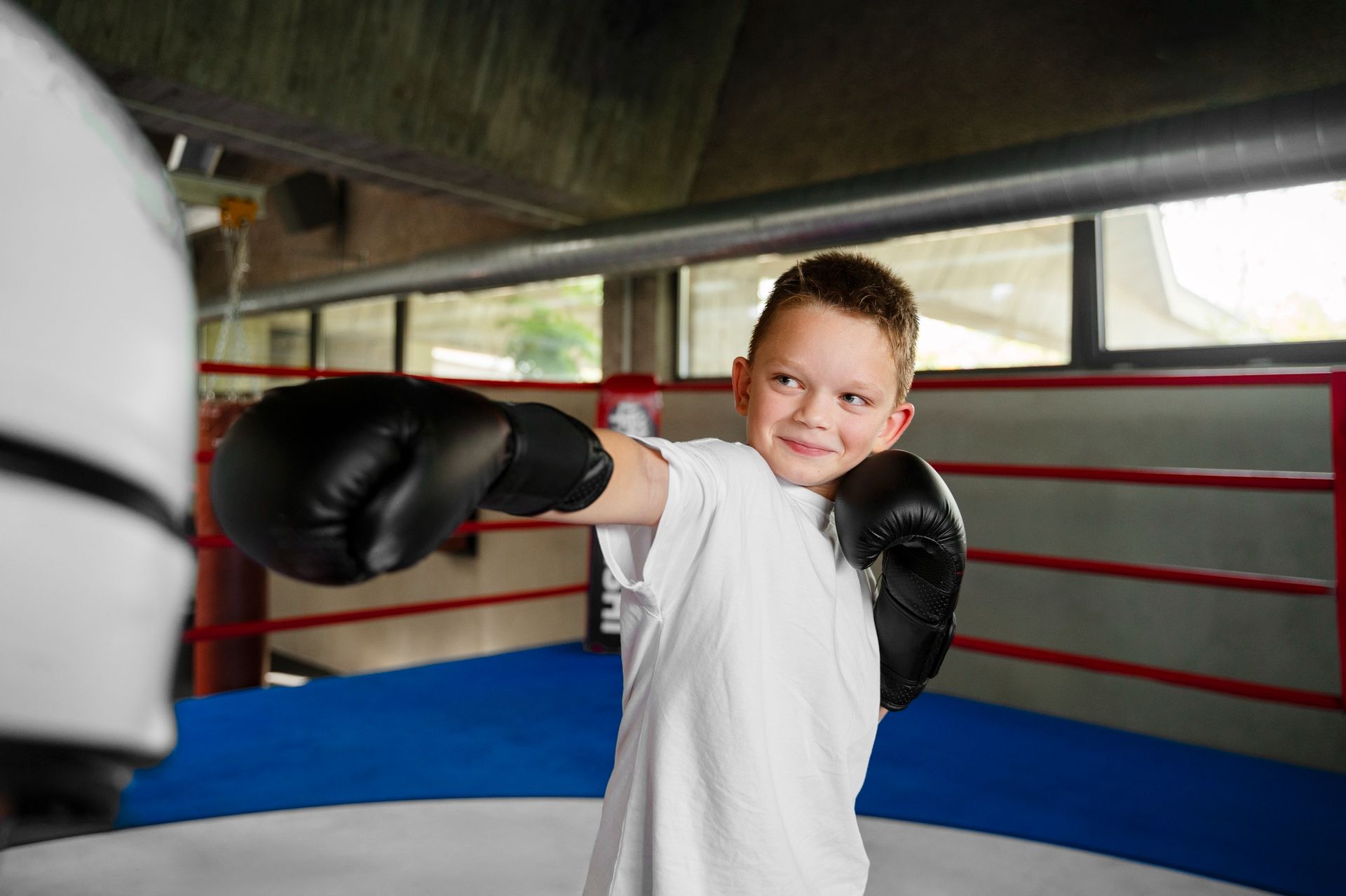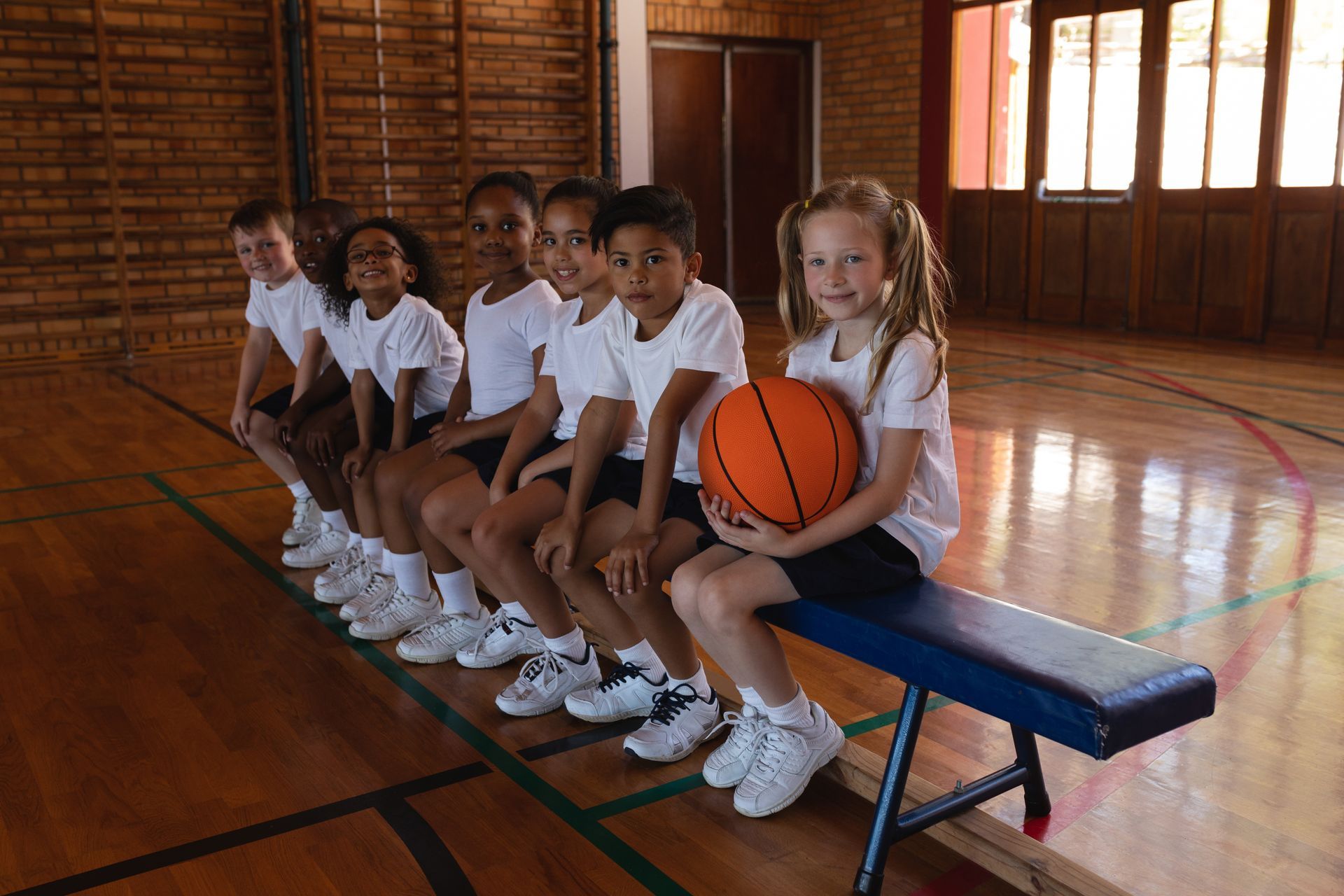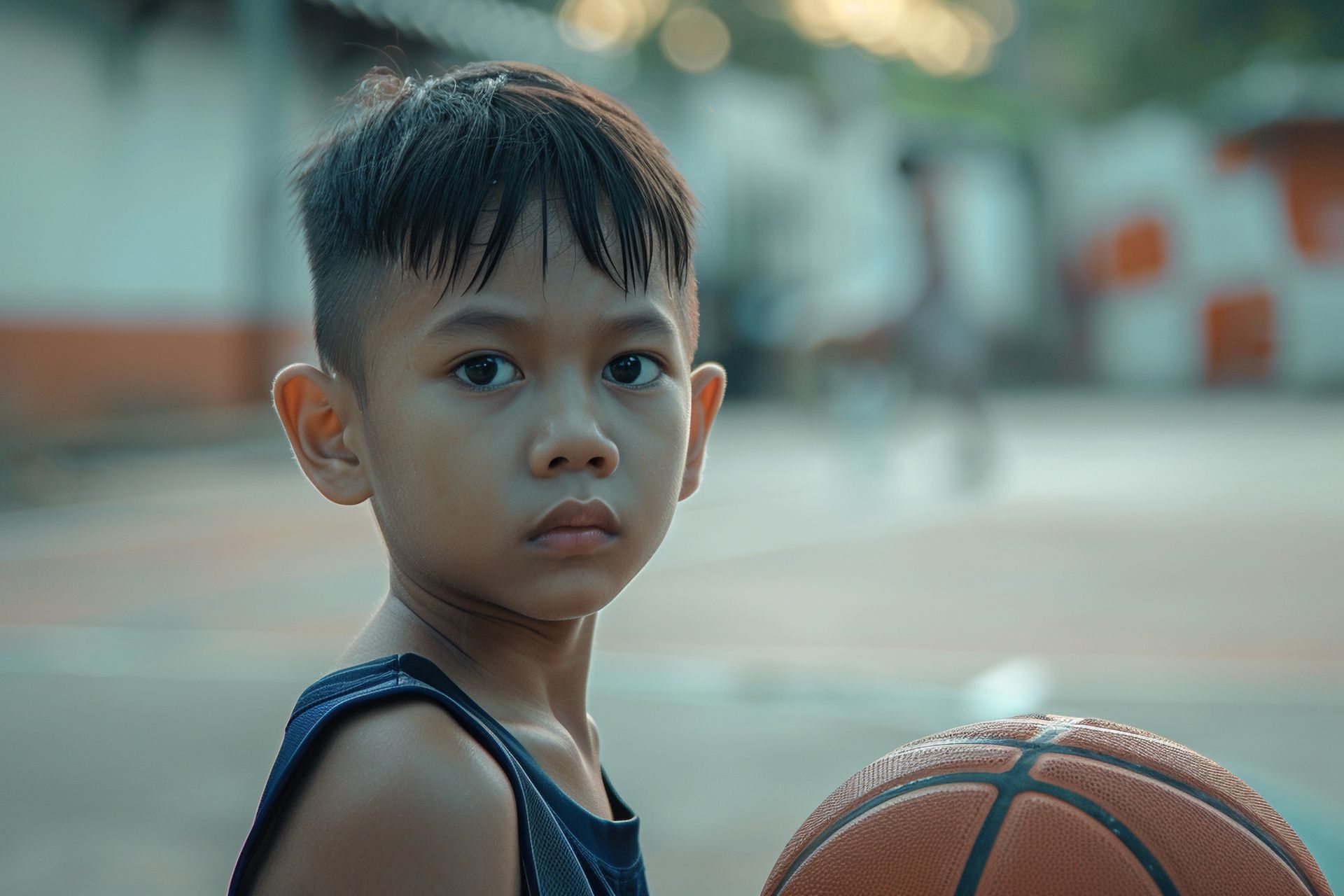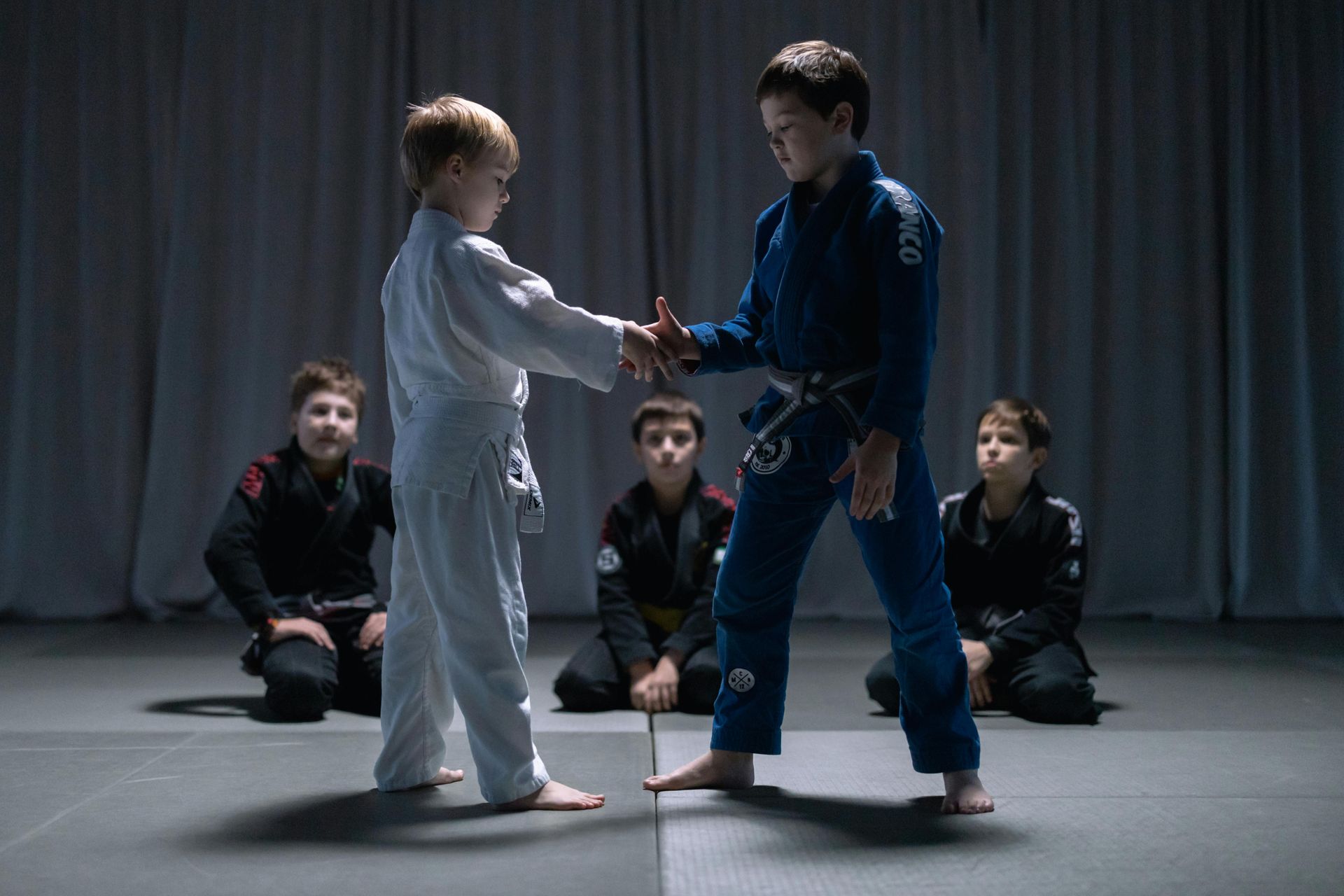Building Confidence and Awareness at Scholars Academy
In today's fast-paced world, it's essential for children to develop not only physical skills but also emotional and mental resilience. One way to foster these qualities is through kickboxing. At Scholars Academy, we believe that kickboxing is more than just a sport—it’s a tool that empowers kids to be confident, aware, and strong both inside and out. In this blog post, we'll explore how kickboxing helps children build confidence, develop awareness, and learn valuable life skills that will serve them well into adulthood.
Why Kickboxing is Perfect for Kids
Kickboxing is a fun and energetic sport that engages children in both physical and mental challenges. Unlike many other activities, it teaches children how to be mindful of their surroundings, focus on self-defense, and improve their overall health. Here are some of the key benefits:
- Physical Fitness – Kickboxing is a full-body workout that improves strength, agility, flexibility, and endurance.
- Mental Toughness – The sport pushes children to face challenges, build resilience, and manage stress effectively.
- Social Skills – Children learn to work with partners, communicate, and encourage each other in a supportive environment.
- Discipline and Focus – Kickboxing routines instill discipline and concentration, essential skills for success in both school and life.
Building Confidence: Kickboxing as a Self-Empowerment Tool
One of the most significant benefits of kickboxing for children is the boost in confidence. Confidence in children develops as they master new skills, achieve goals, and face challenges head-on. Here’s how kickboxing helps:
- Overcoming Fear and Challenges
Kickboxing teaches kids how to break through barriers, whether it's learning a new move or facing an opponent. The constant progress and small victories build their self-esteem, showing them that they can achieve anything they set their minds to. - Learning Self-Defense
Knowing how to protect oneself is empowering. Kickboxing equips kids with basic self-defense techniques, which helps them feel more secure and in control. This knowledge translates into greater self-confidence, whether in the classroom or on the playground. - Positive Reinforcement
At Scholars Academy, we emphasize positive reinforcement. Kids receive praise for effort and achievement, which further fuels their confidence. The journey of kickboxing is filled with moments of progress, both big and small, that help them believe in themselves.
Developing Awareness: Physical and Emotional Intelligence
Awareness is another critical aspect of kickboxing. Children learn to be mindful of their bodies, emotions, and surroundings. This increased awareness helps them navigate both social and physical challenges with greater ease.
- Body Awareness
Kickboxing requires precision and control, which improves children's awareness of their own bodies. As they practice strikes, kicks, and blocks, they gain better coordination and balance. This body awareness not only helps them excel in sports but also fosters a sense of physical confidence. - Emotional Awareness
Managing emotions is a big part of kickboxing. Children are taught to remain calm under pressure, channel their energy positively, and manage frustration. This emotional awareness helps them develop emotional intelligence, enabling them to deal with difficult situations both in and outside the gym. - Situational Awareness
In a kickboxing environment, children learn to be aware of their surroundings. Whether they’re sparring with a partner or practicing techniques, they become more mindful of their space, their actions, and the people around them. This situational awareness translates into better decision-making and a greater sense of responsibility.
Teaching Life Skills Through Kickboxing
Kickboxing isn't just about physical activity; it’s about building life skills that children will carry with them throughout their lives. Here are a few key life skills that children develop through kickboxing at Scholars Academy:
- Discipline and Routine
Kickboxing requires consistent practice and focus. Children learn the importance of discipline and how it can lead to success not only in the sport but in their academic and personal lives as well. - Respect for Others
Respect is a cornerstone of martial arts. In kickboxing, children learn to respect their instructors, peers, and even their opponents. This respect for others is a lesson they carry with them in their interactions with friends, teachers, and family. - Setting and Achieving Goals
Kickboxing involves setting personal goals, whether it's mastering a new technique or earning a higher belt. These goal-setting experiences teach children the value of perseverance and the satisfaction of achievement. - Handling Conflict
While kickboxing is a physical sport, it teaches non-violence and conflict resolution. Children learn that strength is not about aggression but control and decision-making. This helps them handle conflicts in a calm and rational way.
Key Benefits of Kickboxing for Children
- Increases self-confidence through skill mastery and self-defense techniques
- Enhances physical fitness, coordination, and body awareness
- Develops emotional intelligence by teaching self-control and stress management
- Improves social skills through interaction with peers in a supportive environment
- Fosters discipline, focus, and goal-setting skills
- Encourages respect for others and positive communication
Helping Your Child Thrive with Kickboxing at Scholars Academy
Kickboxing is an empowering tool for children, teaching them invaluable lessons in confidence, awareness, and life skills. At Scholars Academy, our kickboxing classes are designed to foster personal growth in a fun and structured environment. Whether your child is looking to improve their fitness, gain confidence, or develop focus, kickboxing is a fantastic option. Help your child thrive—enroll them in kickboxing classes at Scholars Academy today!
Ready to Get Started? Call us at
(925) 390-0100 to learn more about our kickboxing program and see how we can help your child succeed!
Frequently Asked Questions (FAQs)
At what age can my child start kickboxing?
Children can start kickboxing as early as 5 years old. Our classes are tailored to meet the developmental stages of different age groups.
Is kickboxing safe for young children?
Yes! At Scholars Academy, safety is our top priority. We teach age-appropriate techniques in a controlled and supervised environment to ensure children learn safely.
Does my child need any previous martial arts experience?
No prior experience is necessary! Our classes are designed for beginners and experienced students alike, allowing everyone to progress at their own pace.
How often should my child attend kickboxing classes?
We recommend attending at least two classes per week to see consistent improvement and development in both skill and confidence.
How will kickboxing help my child in school?
Kickboxing improves focus, discipline, and stress management, which can translate into better performance in academic settings. The confidence they gain also enhances social interactions and problem-solving abilities.
By enrolling your child in
kickboxing at
Scholars Academy, you're giving them the tools they need to grow into confident, aware, and resilient individuals. In addition to kickboxing, we also offer an
Extended Day Program,
Kids Karate, and
Life Skills Development services to further support your child's growth and success. Contact us at
(925) 390-0100 to learn more or schedule a trial class!

Share Article
Our Recent Articles






